Civil society in Eastern Equatoria trained by UNMISS on documenting human rights violations
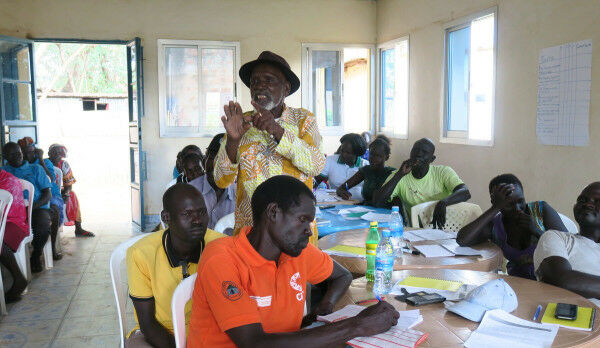

“There has been great pressure on the civilian population in Eastern Equatoria to stop human rights violations during conflicts and intercommunal violence,” said Anthony Nwapa, a Human Rights officer working with the UN peacekeeping mission. “We want to start addressing these challenges with you as a team.”
Mr. Nwapa was speaking at a two-day sensitization workshop organized by the United Nations Mission in South Sudan (UNMISS) for local networks including civil society actors, women, youth, traditional and community leaders and faith-based organizations.
Sessions were aimed at training activists in collecting and sharing information on conflict-related violations and early warning indicators, as well as creating and fostering capacity-building and exchange initiatives among themselves.
A total of 40 participants were urged to work together to achieve shared objectives.
“We must be very strong, vibrant and active in our roles to create the environment where people can freely discuss human rights concerns,” said Charles Okullu, Chairperson of the state’s Civil Society Network. “I also call upon the government to respect, protect, and fulfil human rights,” he added.
According to some activists, violations are underreported largely because of challenges involved in identifying evidence as well as the right office to report to, and the fear of reprisal.
“Some of our cultural norms, especially where it concerns early and forced marriage, and blood compensation, which involves compensating bereaved families with a young girl from the perpetrator’s family, go against basic human rights principles. However, it is becoming more and more clear to me how I can support victims to get justice,” said Angel Karama Christine, one of the trainees.
In Eastern Equatoria, many civil society groups find it difficult to meet their targets of preventing or redressing human rights violations against vulnerable populations because of a lack of teamwork amongst relevant actors. For workshop participants, this training marks the beginning of better networking for grassroots advocacy.
“As a faith-based organization, we have decided to do our part to support other human rights organizations and pertinent state authorities to prevent and mitigate abuses,” said Reverend Oryem Solomon,Chair of the state’s Inter-Church Committee.
The workshop concluded with resolutions by participants to revive an old human rights forum to serve as a common platform for all stakeholders.
This, they hope, will strengthen collaboration through joint discussions, and encourage important partnerships between Police Community Relations Committees and grassroots bodies.
Distributed by APO Group on behalf of United Nations Mission in South Sudan (UNMISS).


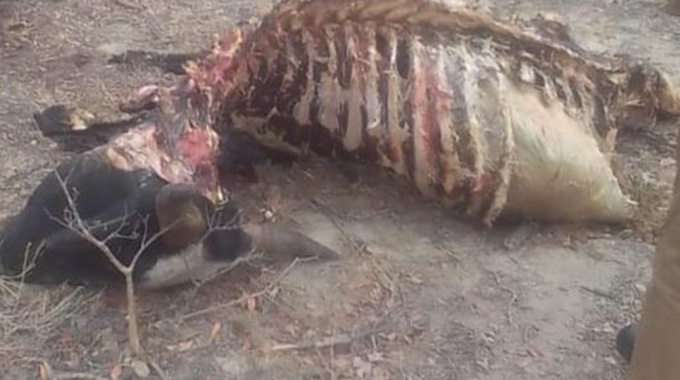
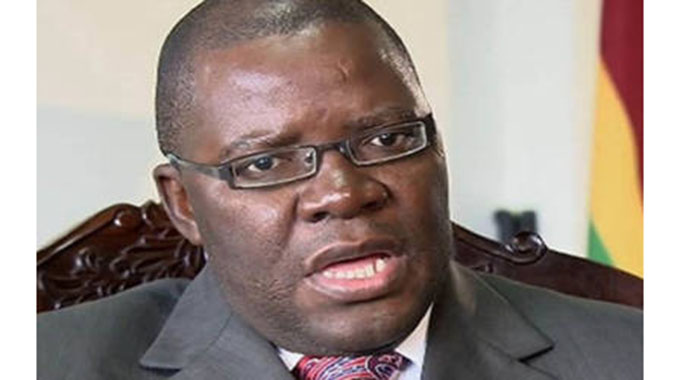
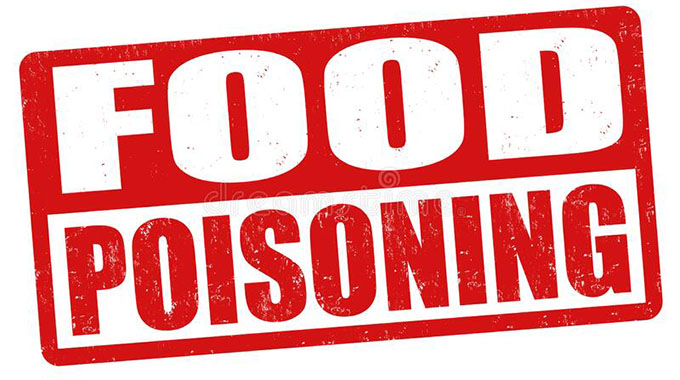

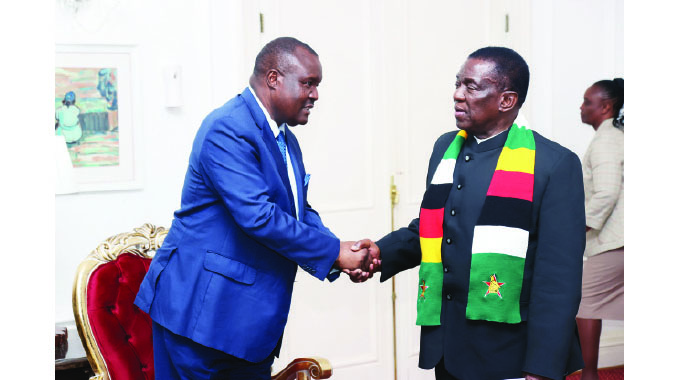

Comments